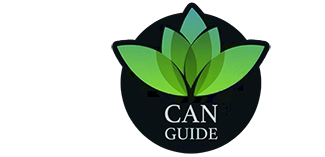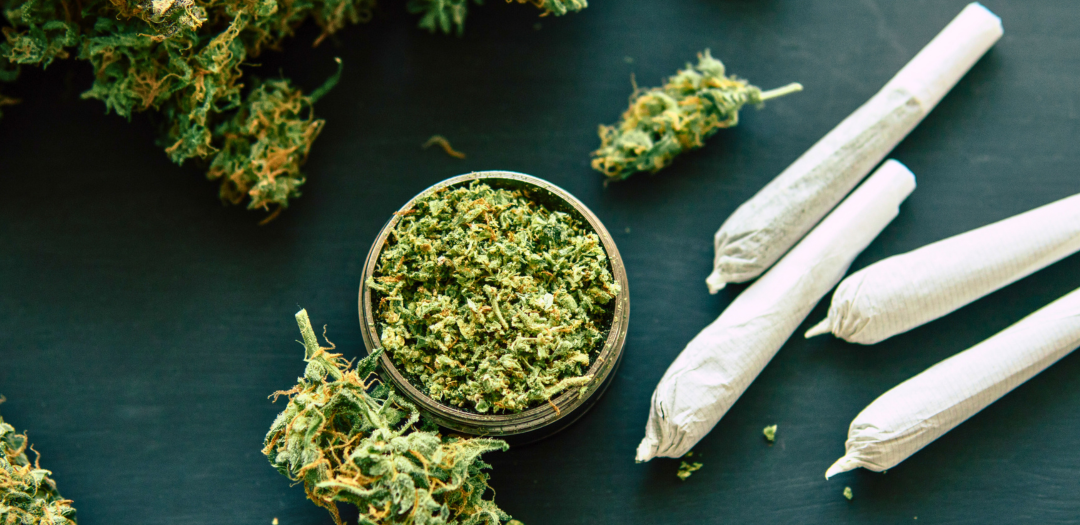A 4 year experiment that will need to proof a tightly closed distribution chain.
The Dutch government has finally moved on in order to further regulate the almost 600 coffeeshops in the Netherlands that are selling cannabis to adults since more than 40 years. Often we could read in foreign articles that the Netherlands have legalized recreational cannabis already, which is even today not true. Cannabis is by law illegal, but the Dutch invented an intermediate state between legal and illegal, which is called «tolerated». It means basically that it is illegal, but that under specific conditions it will not lead to prosecution.
Some of these conditions are :
-Only by the municipalitiy approved coffeeshops will be tolerated
-Only sell to adults above 18 year
-Only sell maximum 5 gram/day to any client
-In some cities it is only allowed to sell to residents
-No advertisement allowed, only education to prevent abuse.
It is of course no supprise that lots of foreigners who have visited Amsterdam’s coffeeshops get the impression that weed is all legal, but factually this is not true. One of the most clear examples that shows that is is not legal, is what we call in the Netherlands «the problem of the backdoor of each coffeeshop».
The backdoor problem describes the actual Dutch situation where the coffeeshops are allowed to sell to adults «through the front door», but they are not allowed to buy or produce cannabis and provide their coffeeshop «through the back door». So the production and buying of weed by them is illegal, but the selling is «tolerated». This created the undesirable situation where coffeeshop owners were doing their very best to comply to all governmental directions but are still completely unable to assure the future of their enterprise and to avoid prosecution, since somehow they need to engage in criminal activities in order to provide cannabis to their coffeeshop.
The new experiment is aiming to solve this issue, by testing a model of cannabis production by 10 selected growers, who during an experiment of 4 years, will provide all the coffeeshops in 10 selected communities. One of the main points that the Dutch want to proof is the fact that these growers can maintain a completely closed production and distribution chain, without any possibility that «legal weed» can become «illegal» weed. In other words, the weed produced within this experiment should not end up in the hands of illegal dealers.
149 applications, but only 10 licences
In total 149 applications from the USA, Canada, Israel, and Europe have been received and evaluated by the Dutch government. The 5 main points of evaluation were:
-1 The management team and their potential criminal past
-2 The plan of the cultivation facility
-3 The production plan
-4 The business plan
-5 The security plan
Of the 149 applications, only 39 applicants got their plans approved by the government. Since only 10 licenses were available, the selection procedure ended with a lottery, by which the 10 lucky new license holders were decided at 3 december 2020. At the moment, the Dutch government is finishing a research into the history of the 10 applicants. If during this research criminal activities or relations of one or more applicants are discovered, the applicant will not receive its license, and number 11 of the list will take its place. The results are expected in February 2021.
Can Guide Consultancy got contracted by a Dutch investment group in January 2020 and tasked to develop the production plans for their license application. Among other tasks, we provided the following services for their license application:
Complete production plans, including:
Concept development focussed on high quality, low production costs, and sustainability
Full cultivation space planning
Production cost forecasting tool
Material selection (equipment, nutrients, substrate, etc.)
Integrated Pest Management strategy compliant to regulatory obligations
Sanitary measures and systems
Production forecasts for cannabis flowers, dry-sift and Ice hash, and pre-rolled joints
Final Product listing with production description of each product
Integration of cleanroom technology for HACCP certification and euGMP compliance
Quality Control procedures
Implementation of R&D department
Implementation of research department for genetic selection
The Dutch government approved the full plan of our client, including the production plans of Can Guide. Sadly our client got only number 17 during the lottery, with only 10 licenses to be available. Only if 7 of the selected 10 companies will not pass the criminal background check by the Dutch government, our client can still receive his license.
In the meanwhile, a lawsuit has been filed against the Dutch government, since multiple applicants do not agree with the way of decision-making by the government. So the story hasn’t ended.
It is sad to end a project like this, where the whole team was giving its best and managed to satisfy all of the obligations set by the authorities, but eventually bad luck is making all efforts in vain.
A more logical and fair way would be a detailed evaluation of every plan, with a quality grading of each point of the application. Accumulated this would have given a figure, representing the quality of each individual plan. And at the end the 10 plans with the highest score would have received a license.
Anyhow, we are proud to have been involved in the license application for the first recreational licenses in Europe, and the fact that we were able to deliver a detailed production plan that fulfilled all obligations. Next time more luck.

